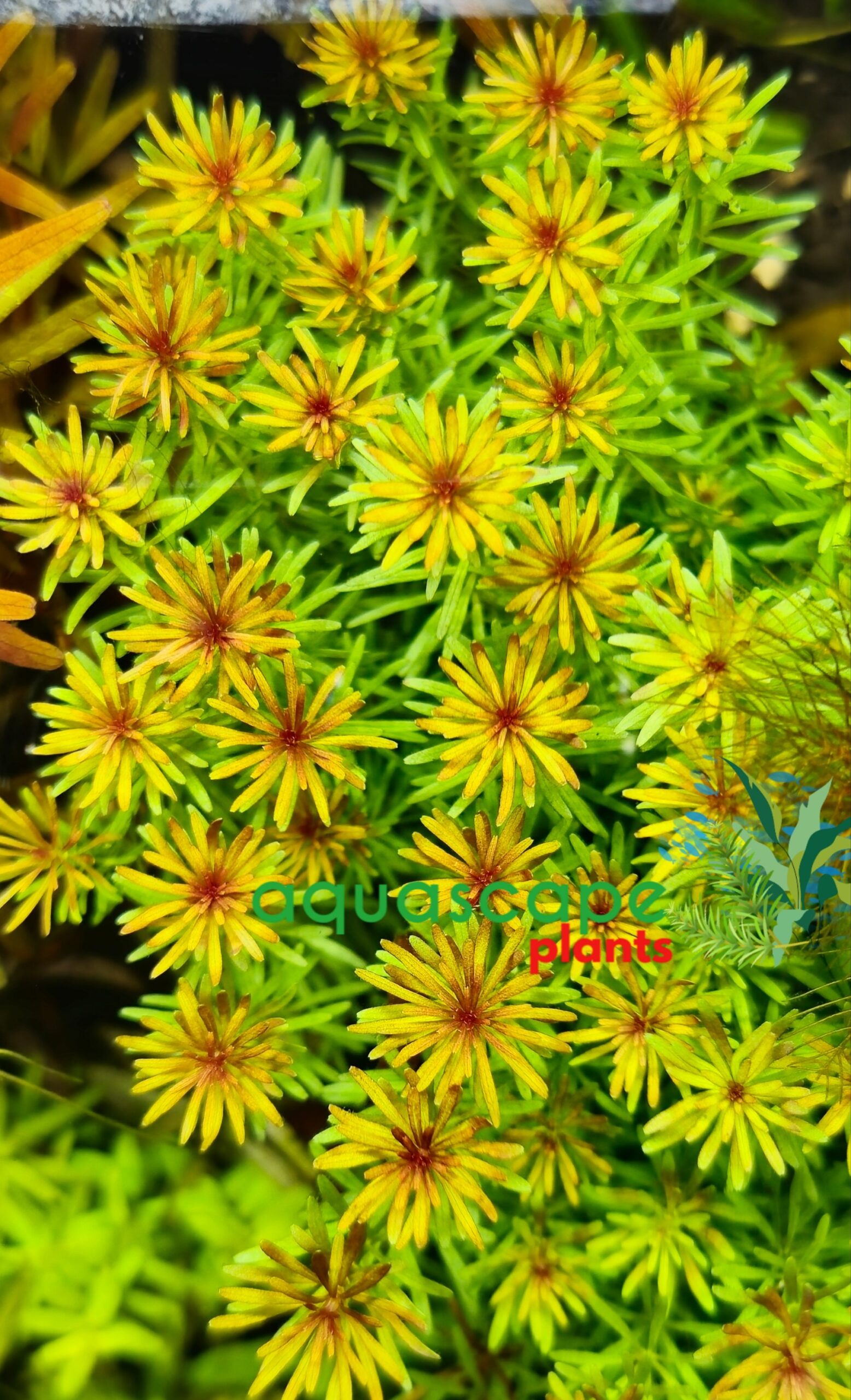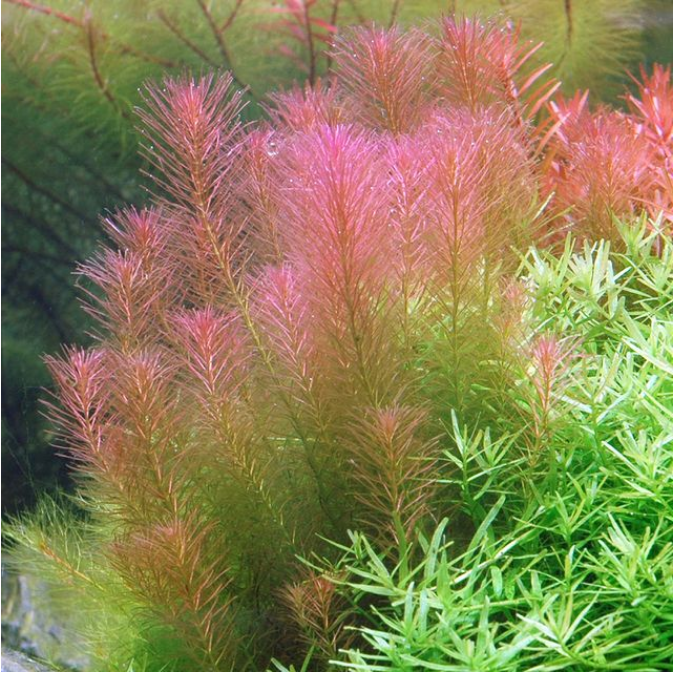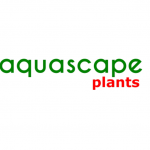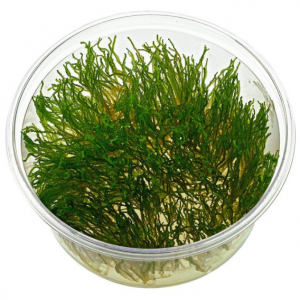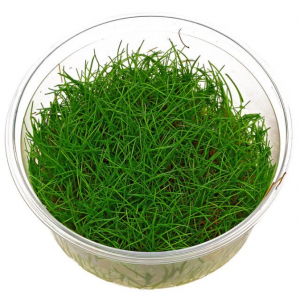Subtotal: د.إ252.00
Aquascapeplants Rotala wallichii
Out of stock
Rotala wallichii is a popular aquatic plant in the aquarium hobby, known for its delicate, feathery appearance and vibrant colors under the right conditions. Here’s a comprehensive care guide to help you grow and maintain this beautiful plant:
1. Overview
- Scientific Name: Rotala wallichii
- Common Name: Whorly Rotala
- Origin: Southeast Asia
- Difficulty Level: Moderate to Advanced
- Growth Rate: Fast
- Light Requirement: High
- CO2 Requirement: Recommended
2. Tank Requirements
- Tank Size: Minimum 10 gallons (larger tanks are easier to stabilize).
- Water Temperature: 72–82°F (22–28°C).
- pH Level: 5.5–7.0 (slightly acidic to neutral).
- Water Hardness: Soft to moderately hard (2–12 dGH).
د.إ22.50 د.إ25.00
Sold out!
Rotala wallichii is a popular aquatic plant in the aquarium hobby, known for its delicate, feathery appearance and vibrant colors under the right conditions. Here’s a comprehensive care guide to help you grow and maintain this beautiful plant:
1. Overview
- Scientific Name: Rotala wallichii
- Common Name: Whorly Rotala
- Origin: Southeast Asia
- Difficulty Level: Moderate to Advanced
- Growth Rate: Fast
- Light Requirement: High
- CO2 Requirement: Recommended
2. Tank Requirements
- Tank Size: Minimum 10 gallons (larger tanks are easier to stabilize).
- Water Temperature: 72–82°F (22–28°C).
- pH Level: 5.5–7.0 (slightly acidic to neutral).
- Water Hardness: Soft to moderately hard (2–12 dGH).
3. Lighting
- Rotala wallichii requires high lighting to thrive and develop its vibrant colors (pink, red, or orange tips).
- Use full-spectrum LED lights or T5 fluorescent bulbs.
- Provide 8–10 hours of light daily to prevent algae growth and ensure healthy photosynthesis.
4. CO2 and Nutrients
- CO2 Injection: Highly recommended for optimal growth and coloration. Without CO2, the plant may grow slowly and lose its vibrant hues.
- Fertilization:
- Use a comprehensive liquid fertilizer to provide essential macronutrients (nitrogen, phosphorus, potassium) and micronutrients (iron, magnesium, etc.).
- Root tabs can be used if planted in a nutrient-rich substrate.
5. Substrate
- Use a nutrient-rich substrate like aqua soil or sand supplemented with root tabs.
- The substrate should be fine-grained to allow the roots to spread easily.
6. Planting and Pruning
- Planting: Plant stems in small groups, spacing them about 1–2 inches apart to allow light to reach the lower leaves.
- Pruning:
- Regularly trim the tops to encourage bushy growth and prevent the lower leaves from dying due to lack of light.
- Replant the trimmed tops to propagate new plants.
7. Water Quality and Maintenance
- Perform weekly water changes (20–30%) to maintain water quality and remove excess nutrients that could lead to algae.
- Avoid sudden changes in water parameters, as Rotala wallichii is sensitive to fluctuations.
8. Common Issues
- Melting: New plants may melt when introduced to a new tank. Trim the melted parts and allow the plant to adapt.
- Algae Growth: High light and nutrient levels can lead to algae. Maintain a balance and consider adding algae-eating species like Amano shrimp or Otocinclus catfish.
- Pale Leaves: Indicates a lack of nutrients (especially iron) or insufficient light.
9. Propagation
- Propagate by cutting the stem and replanting the top portion. The remaining stem will often produce new side shoots.
10. Tank Mates
- Rotala wallichii is compatible with most peaceful fish and invertebrates.
- Avoid species that may uproot or eat the plant, such as large cichlids or goldfish.
By following these guidelines, you can successfully grow and maintain Rotala wallichii, creating a stunning focal point in your aquarium.

 Aquael Moon Light
Aquael Moon Light 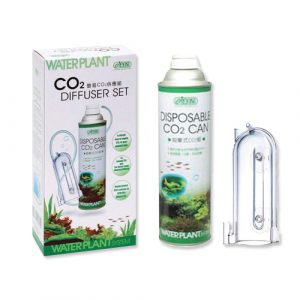 ISTA CO2 SUPPLY SET
ISTA CO2 SUPPLY SET  STAINLESS STEEL SCISSOR-CURVED
STAINLESS STEEL SCISSOR-CURVED 
